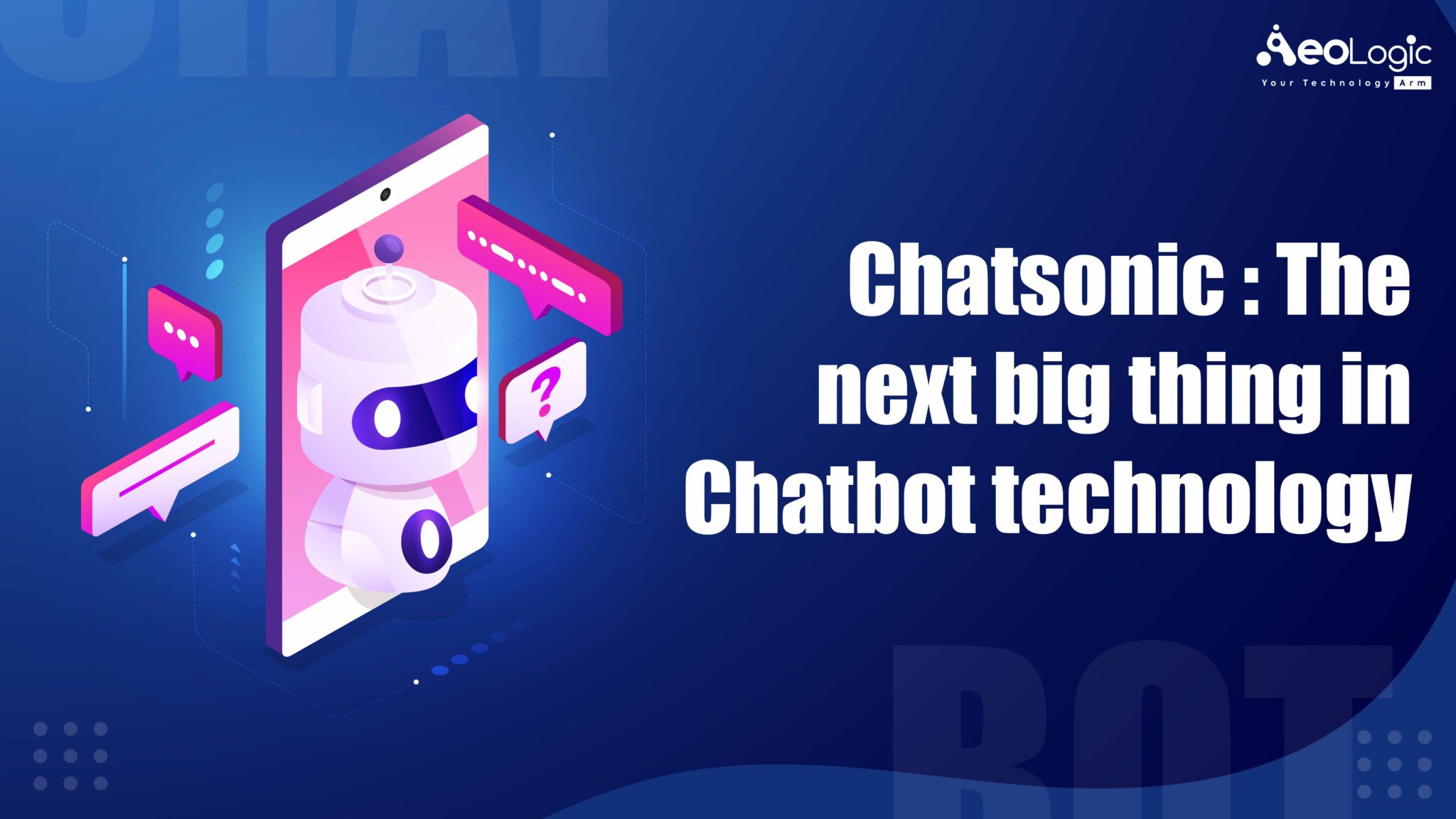Never Altering Virtual Assistant Will Eventually Destroy You
작성자 정보
- Laurene 작성
- 작성일
본문
 And a key concept in the development of ChatGPT was to have one other step after "passively reading" issues like the net: to have precise humans actively interact with ChatGPT, see what it produces, and in impact give it suggestions on "how to be a great chatbot technology". It’s a pretty typical sort of thing to see in a "precise" scenario like this with a neural internet (or with machine learning chatbot studying normally). Instead of asking broad queries like "Tell me about historical past," strive narrowing down your question by specifying a selected era or event you’re enthusiastic about learning about. But attempt to give it rules for an actual "deep" computation that includes many doubtlessly computationally irreducible steps and it simply won’t work. But when we want about n words of training information to arrange these weights, then from what we’ve stated above we will conclude that we’ll need about n2 computational steps to do the coaching of the network-which is why, with present strategies, one finally ends up needing to talk about billion-dollar training efforts. But in English it’s much more real looking to have the ability to "guess" what’s grammatically going to suit on the premise of native choices of phrases and other hints.
And a key concept in the development of ChatGPT was to have one other step after "passively reading" issues like the net: to have precise humans actively interact with ChatGPT, see what it produces, and in impact give it suggestions on "how to be a great chatbot technology". It’s a pretty typical sort of thing to see in a "precise" scenario like this with a neural internet (or with machine learning chatbot studying normally). Instead of asking broad queries like "Tell me about historical past," strive narrowing down your question by specifying a selected era or event you’re enthusiastic about learning about. But attempt to give it rules for an actual "deep" computation that includes many doubtlessly computationally irreducible steps and it simply won’t work. But when we want about n words of training information to arrange these weights, then from what we’ve stated above we will conclude that we’ll need about n2 computational steps to do the coaching of the network-which is why, with present strategies, one finally ends up needing to talk about billion-dollar training efforts. But in English it’s much more real looking to have the ability to "guess" what’s grammatically going to suit on the premise of native choices of phrases and other hints.
 And in the end we will just be aware that ChatGPT does what it does using a couple hundred billion weights-comparable in number to the overall variety of words (or tokens) of training information it’s been given. But at some stage it still seems tough to imagine that all the richness of language and the issues it will probably speak about could be encapsulated in such a finite system. The fundamental answer, I feel, is that language is at a basic level in some way easier than it seems. Tell it "shallow" guidelines of the kind "this goes to that", and so on., and the neural web will more than likely have the ability to signify and reproduce these simply effective-and indeed what it "already knows" from language will give it a direct sample to comply with. Instead, it seems to be ample to basically tell ChatGPT something one time-as part of the prompt you give-and then it may well successfully make use of what you instructed it when it generates text. Instead, what appears more probably is that, yes, the elements are already in there, however the specifics are outlined by one thing like a "trajectory between those elements" and that’s what you’re introducing whenever you tell it one thing.
And in the end we will just be aware that ChatGPT does what it does using a couple hundred billion weights-comparable in number to the overall variety of words (or tokens) of training information it’s been given. But at some stage it still seems tough to imagine that all the richness of language and the issues it will probably speak about could be encapsulated in such a finite system. The fundamental answer, I feel, is that language is at a basic level in some way easier than it seems. Tell it "shallow" guidelines of the kind "this goes to that", and so on., and the neural web will more than likely have the ability to signify and reproduce these simply effective-and indeed what it "already knows" from language will give it a direct sample to comply with. Instead, it seems to be ample to basically tell ChatGPT something one time-as part of the prompt you give-and then it may well successfully make use of what you instructed it when it generates text. Instead, what appears more probably is that, yes, the elements are already in there, however the specifics are outlined by one thing like a "trajectory between those elements" and that’s what you’re introducing whenever you tell it one thing.
Instead, with Articoolo, you possibly can create new articles, rewrite previous articles, generate titles, summarize articles, and discover photographs and quotes to support your articles. It might "integrate" it only if it’s principally riding in a fairly simple manner on prime of the framework it already has. And indeed, very like for people, in case you tell it one thing bizarre and unexpected that fully doesn’t fit into the framework it knows, it doesn’t seem like it’ll efficiently be capable of "integrate" this. So what’s going on in a case like this? Part of what’s occurring is no doubt a reflection of the ubiquitous phenomenon (that first grew to become evident in the example of rule 30) that computational processes can in impact significantly amplify the apparent complexity of techniques even when their underlying rules are easy. It is going to are available useful when the consumer doesn’t want to sort in the message and might now as a substitute dictate it. Portal pages like Google or Yahoo are examples of widespread consumer interfaces. From customer support to virtual assistants, this conversational AI model can be utilized in various industries to streamline communication and enhance user experiences.
The success of ChatGPT is, I believe, giving us evidence of a basic and important piece of science: it’s suggesting that we are able to count on there to be main new "laws of language"-and successfully "laws of thought"-on the market to discover. But now with ChatGPT we’ve obtained an vital new piece of knowledge: we all know that a pure, synthetic neural community with about as many connections as brains have neurons is capable of doing a surprisingly good job of producing human language. There’s actually something moderately human-like about it: that no less than as soon as it’s had all that pre-coaching you'll be able to inform it one thing simply as soon as and it could "remember it"-no less than "long enough" to generate a bit of text utilizing it. Improved Efficiency: AI can automate tedious tasks, freeing up your time to deal with excessive-level creative work and strategy. So how does this work? But as quickly as there are combinatorial numbers of potentialities, no such "table-lookup-style" approach will work. Virgos can study to soften their critiques and find more constructive ways to provide feedback, whereas Leos can work on tempering their ego and being more receptive to Virgos' practical options.
If you have any issues relating to wherever and how to use chatbot technology, you can speak to us at the web-site.
관련자료
-
이전
-
다음







